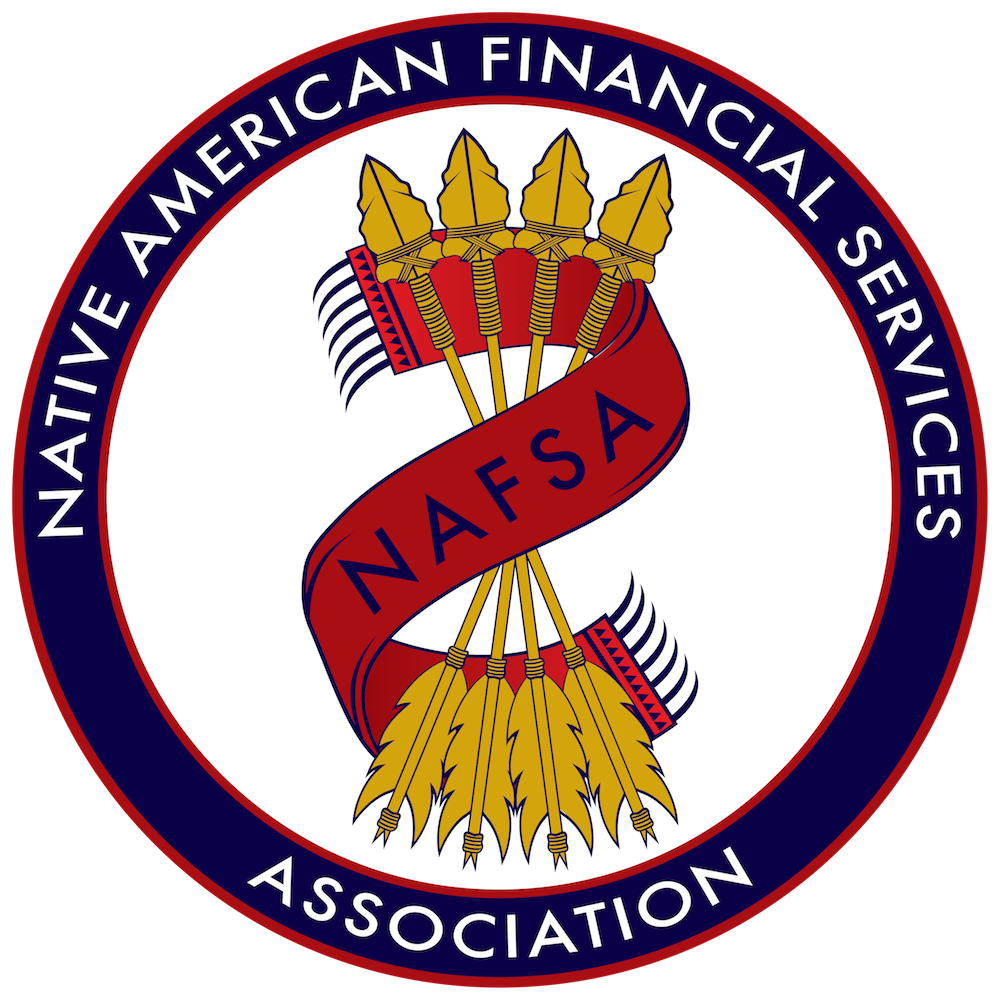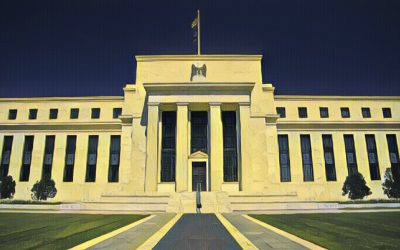The Latest Financial News
Federal Reserve Proposes Lighter Regulations for Mid-sized Banks
The Federal Reserve announced a pair of proposals today that would significantly lighten the regulations on banks with assets between $100 billion and $250 billion while maintaining strict standards for the largest and riskiest banks. The proposals were...
Financial Literacy: The Pros & Cons of Using a Credit Card
Last month, we launched our Digital Financial Literacy Program. Through this program, we provide financial literacy modules with easy-to-understand information to help people better understand their finances and make more informed decisions. To complement...
No Need to Fear a Recession…Yet
The U.S. economy grew at a 3.5 percent annual rate in the third quarter of 2018, a solid growth rate, although slower than the second quarter’s rate of 4.2 percent. Despite this good news, many economists are predicting slower growth rates in 2019, and...
Why NAFSA?
There are more than 570 federally-recognized tribes in the United States, many of whom are spread across in diverse areas. This has left a need for other tribal economic development opportunities to create sustainability and jobs on Native American reservations.
Tribal Financial Services:
![]() Create jobs & economic development on tribal lands
Create jobs & economic development on tribal lands
![]() Increase the financial independence of tribes
Increase the financial independence of tribes
![]() Deploy sovereignty & bolster tribal self-determination
Deploy sovereignty & bolster tribal self-determination

The Impact of Tribal Financial Services
Coming from a history of staggering unemployment rates, limited opportunities, and lack of access to fundamental resources, Native American tribes began online lending businesses to create real change for the future. Internet commerce has been a vehicle for supporting economic growth, tribal services, and tribal development. These are their stories.
Our Mission
To advocate for tribal sovereignty, promote responsible financial services, and provide better economic opportunity in Indian Country for the benefit of tribal communities.




